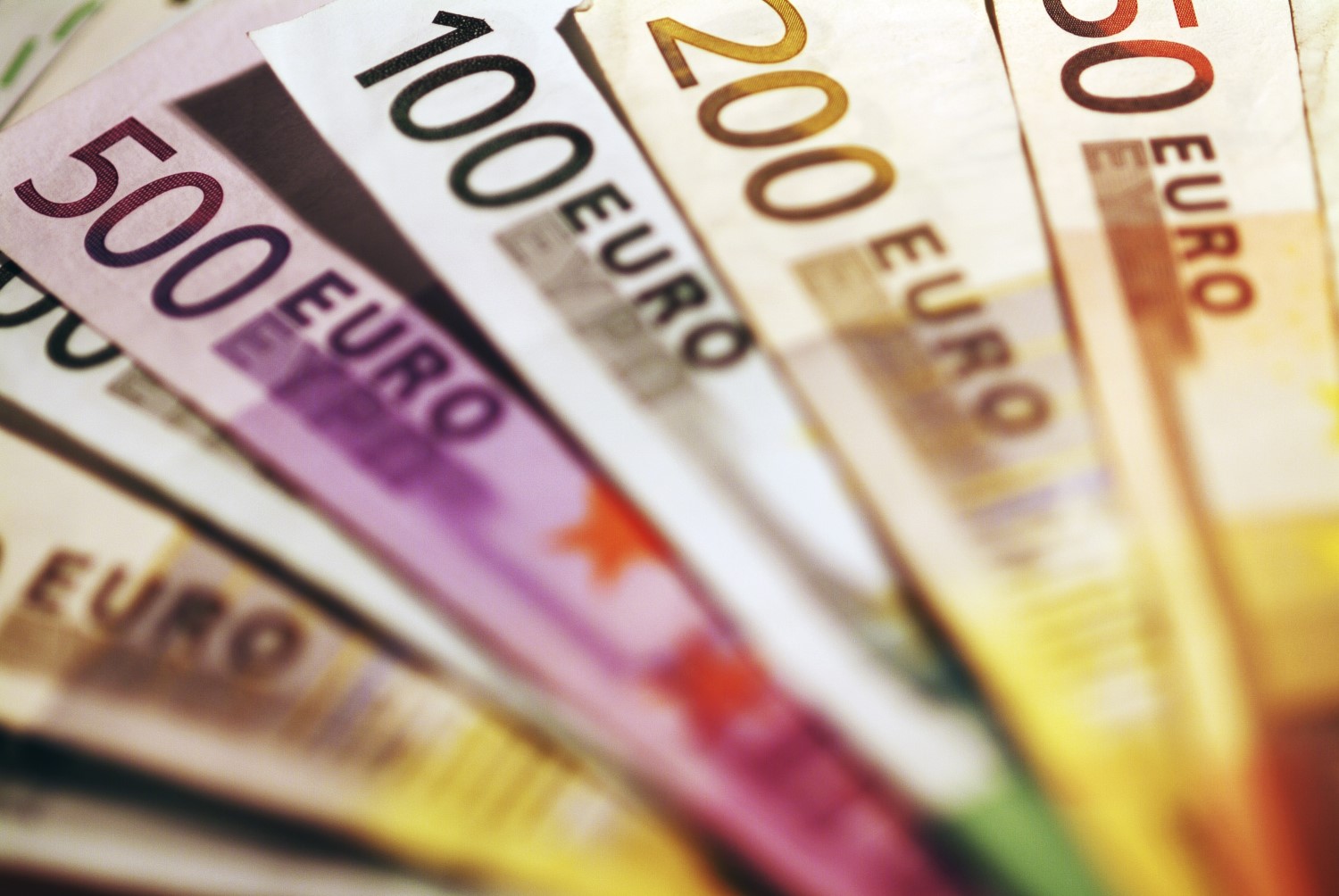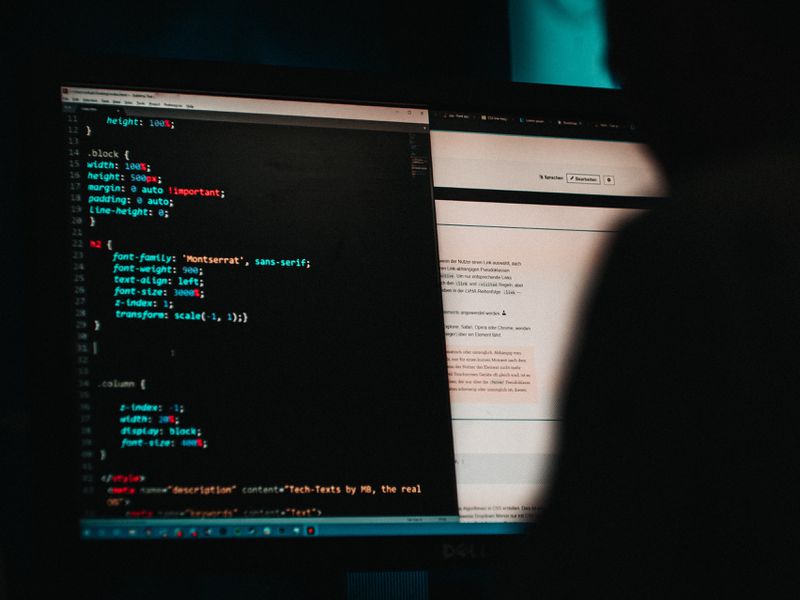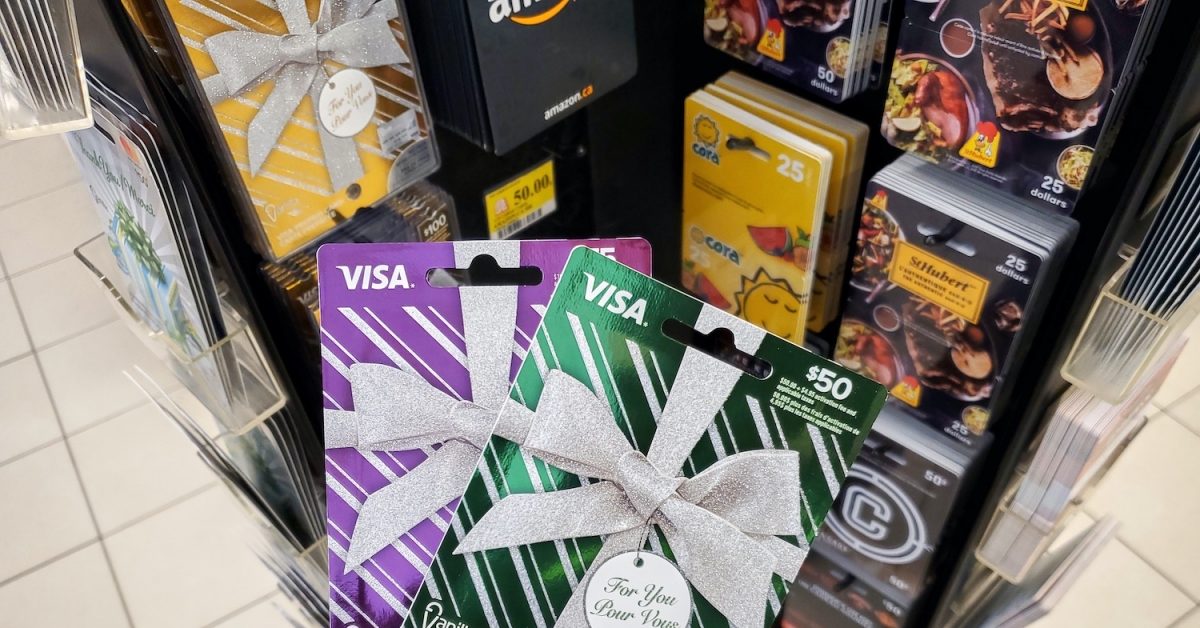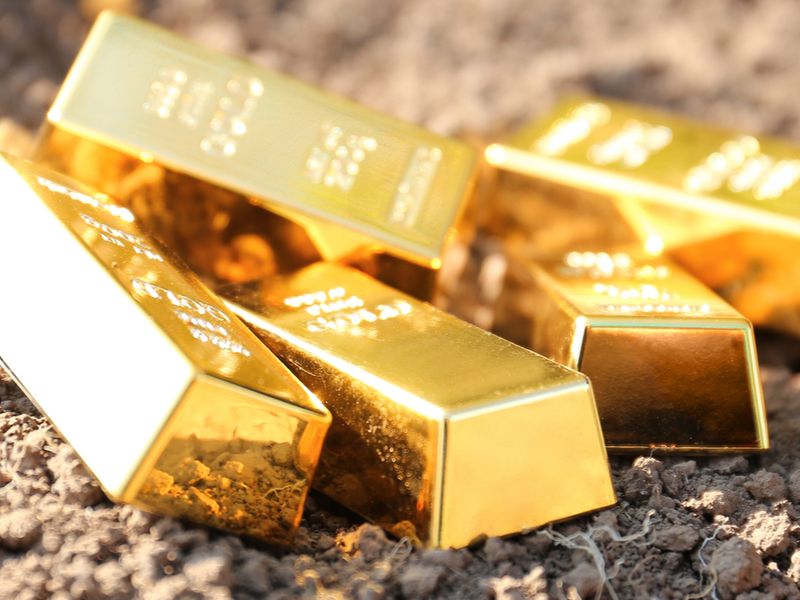Carbon Credits Have a Double-Spend Problem. This Microsoft-Backed Project Is Trying to Fix It
(Nicolai Dürbaum/Unsplash)
Carbon Credits Have a Double-Spend Problem. This Microsoft-Backed Project Is Trying to Fix It
The InterWork Alliance (IWA), a tech-agnostic token standardization initiative that grew out of the Enterprise Ethereum Alliance, is working on blockchain tools to prevent the “double-spending” of carbon credits.
Carbon accounting works by allowing countries or corporate entities to pay for their carbon-emitting sins, thus creating a market mechanism to drive industry toward greener processes.
But there’s a problem.
“There’s no way right now for you to determine that a tree hasn’t been sold 100 times over,” said Microsoft blockchain architect and IWA Chairman Marley Gray.
The Microsoft-backed IWA sustainability group is stepping in with a tokenization standard that aims to bring transparency to carbon accounting.
Large companies can offset their carbon emissions by participating in and funding environmentally friendly projects. However, there is a distinct lack of verified carbon-offsetting credits, said Gray.
“There are not enough verified – verified is the key word – carbon offset credits in the world today just to satisfy Microsoft’s needs for this year,” said Gray. “That was an eye-opener. Every major corporate is coming out with these big sustainability goals, so we have to do something dramatic to improve the supply of verified offsets.”
IWA’s solution
The IWA sustainability working group includes Accenture, Climate Chain Coalition, Digital Asset, Nasdaq, Neo Global Development, R3, SIX Digital Exchange (SDX), Xpansiv and others. The group will create a standardized framework for tokenization, starting with voluntary carbon offsetting, and will then expand its focus to regulated markets in the near future.
This is not a new problem and numerous technologists have tried to come up with ways to make carbon accounting more rigorous, including using blockchains.
“You had a lot of startups go after these spaces, and everyone’s sort of building these walled gardens that don’t match the buyers’ requirements,” said Gray. “So we decided to back the bus up, and get everyone to agree on what a carbon credit is, how it’s structured and how we should then tokenize that to solve our double-spend credit problem.”
The term “carbon credit” has become overloaded, said Gray. Part of the IWA’s mission is to break down the different types of carbon credit for tokenization, such as EU-issued carbon credits traded on regulated markets.
Carbon offsets, on the other hand, can be either derived from avoiding emissions by, for instance, using renewable energy, or by removing emissions via projects that plant trees. Illustrating the problem, these two variants are measured differently and priced differently, said Gray.
When it comes to verifying carbon offsetting projects, firms don’t care whether there’s a blockchain underlying the solution, they just want to be sure it’s trusted and transferable, Gray added.
“We have to be able to define a project so that buyers of carbon credits can find out the project details and see the provenance of that carbon credit and its worthiness,” he said.
Disclosure
The leader in blockchain news, CoinDesk is a media outlet that strives for the highest journalistic standards and abides by a strict set of editorial policies. CoinDesk is an independent operating subsidiary of Digital Currency Group, which invests in cryptocurrencies and blockchain startups.









